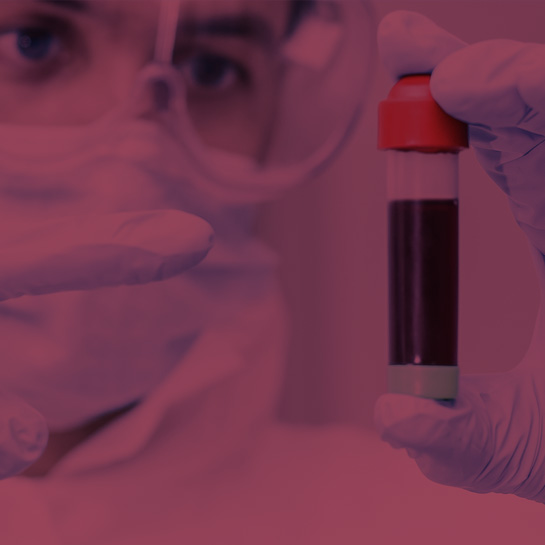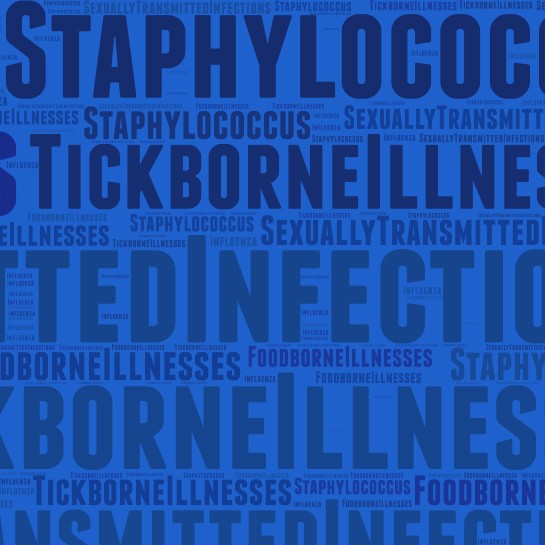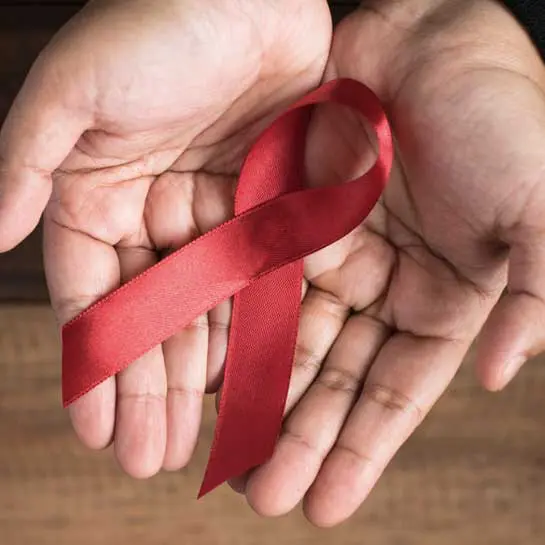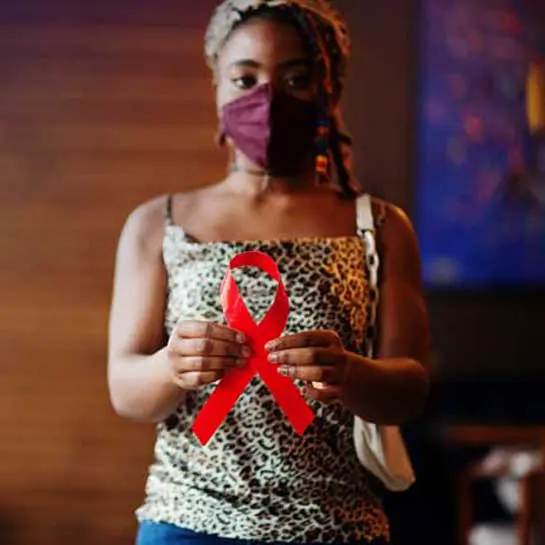HIV Treatment
HIV Treatment
HIV stands for human immunodeficiency virus. This sexually transmitted infection (STI) damages the immune system of an affected person, hindering their body’s ability to fend off disease-causing organisms. As it progresses, HIV can develop into acquired immunodeficiency syndrome, otherwise known as AIDS. Although it is classified as an STI, HIV can also be spread by contact with infected blood, including by sharing needles.
At ID Care, we have been providing effective HIV treatment for New Jersey residents since 1996. To help you get started, learn more about our services and schedule an appointment with us today.

Over 25 years of delivering excellence in healthcare for patients living with HIV
Signs and Symptoms
HIV develops in phases, causing different signs and symptoms to manifest in each. Within a month or two of infection, many people will experience flu-like symptoms. Afterward, HIV remains largely silent for up to 10 years, making it important to undergo regular testing to monitor the disease’s progress. If left untreated, you may develop a symptomatic HIV infection with symptoms such as:
- Fever
- Fatigue
- Swollen lymph nodes
- Diarrhea
- Unexplained weight loss
- Oral yeast infection (i.e. thrush)
- Shingles
Untreated HIV also carries the risk of developing into AIDS, typically within 10 years of first contracting the disease. Thanks to modern HIV treatment breakthroughs, most patients in the United States will not develop AIDS. However, an HIV diagnosis increases the risk of certain infections and cancers. Further, it can cause unpleasant symptoms like intense night sweats, as well as white spots or lesions on your tongue or mouth.
Diagnosing and Treating HIV
To diagnose this condition, our infectious disease experts utilize state-of-the-art blood testing that produces accurate results as soon as 20 days earlier than standard testing. We equip our patients with support while they wait for results, including providing them with 24-hour, national referral hotlines for English speakers (1-800-CDC-INFO) and Spanish speakers (1-888-232-6348).
While there is currently no cure for HIV, many medications have proven to slow its development and relieve symptoms considerably. This process is called antiretroviral therapy, and it is suitable for anyone with HIV. At ID Care, our team of leading HIV clinicians follows the medical industry recommendation of prescribing three medications from two different drug classes, thus avoiding the creation of a drug-resistant HIV strain. These drug classes differ on a patient-by-patient basis and may include the following:
- Non-nucleoside reverse transcriptase inhibitors (NNRTIs): These drugs turn off a protein in your body that HIV normally uses to multiply itself.
- Nucleoside or nucleotide reverse transcriptase inhibitors (NRTIs): These drugs block the enzyme that HIV uses to duplicate itself in healthy cells.
- Protease inhibitors (PIs): These drugs inactivate protease, which is a protein that HIV uses to multiply.
- Entry or fusion inhibitors: These drugs block HIV from entering into the body’s T cells, which are a type of white blood cell used by the immune system.
- Integrase inhibitors: By disabling a protein called integrase, these drugs prevent HIV from infecting the body’s T cells.
Aside from these direct methods, our team also offers clinical trials, inpatient hospital care, community-based medical and behavioral health referrals, and at-home nursing services.
The Support You Deserve
With millions of people affected by HIV/AIDs across the world, we often put our valued patients in touch with support groups abound to help you overcome your diagnosis. These include the Open Arms Foundation and Zufall Clinic. We also have Spanish interpreters on our staff, so you can receive effective care no matter what. To get started on your comprehensive HIV treatment plan, contact the experts at ID Care today.






